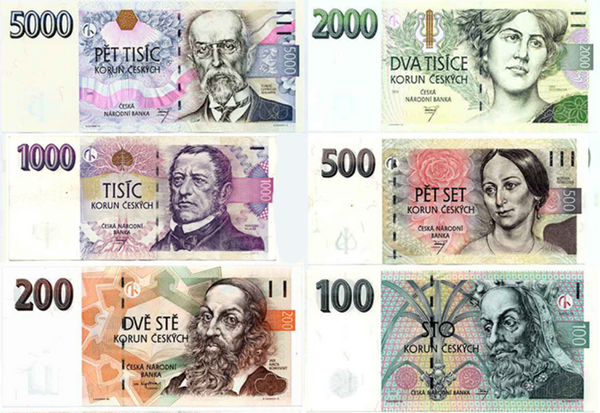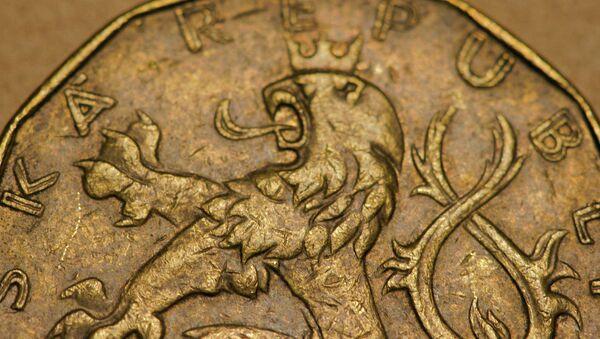The Eurozone, he explained, unites very diverse economies: fast-growing, as, for example, the Germany, and apparently weak, like Greece. But in a union, the convergence of these different economies is bound to generate problems."
The situation is clear: the euro is too strong a currency for Greece, and it is uncompetitive within the EU. If it had kept the drachma, it would have avoided the crisis.
“I think (and any economist will gladly confirm it) that the unified currency in a union of unequal economic entities might remain efficient only when there is a strong joint budget in place. A vivid example is the Russian Federation, as it consists of very economically diverse regions. But you have a powerful federal budget which is being drawn together out of multiple taxes revenues coming from the regions. And then it re-distributes various payments of social support, pensions, etc.”
There is a single budget in the EU, he added, but it is being drawn on payments equaling 1 per cent of the GDP of each member state. In addition, the pooled money is mostly spent on donations to agricultural producers. Such a system simply cannot be compared with the federal budget of Russia or the US.
The Czech people, Mach says, have already drawn the major lesson from the Greek crisis: they should remain faithful and stick to a reliable Czech koruna (the national currency).

Mach also stressed that it would be a lot wiser to help the Greeks to return to their drachma rather than keeping it in the Eurozone at any cost.
Not only the Czech Republic, but also Poland, Hungary, Denmark and Great Britain, the countries which are not members of the Eurozone, have kept their own currencies and exist quite happily within the EU.
The economist however says he understands the German chancellor as well: the failure of the currency union would mean acknowledging that the idea to centralize almost everything within the EU was a bad one from the beginning.
As for Greece, its exit from the currency union is almost unavoidable, said Mach. Even as far back as 2002, he said, American economist Milton Friedman already predicted that the Eurozone would fall apart within 15 years. Mach is convinced that it will happen by 2017.
No matter how the Greek crisis unfolds, the economic inequality of the Eurozone member states will be kept in place, and for Greece — even writing off its debt won’t cure its problems.




